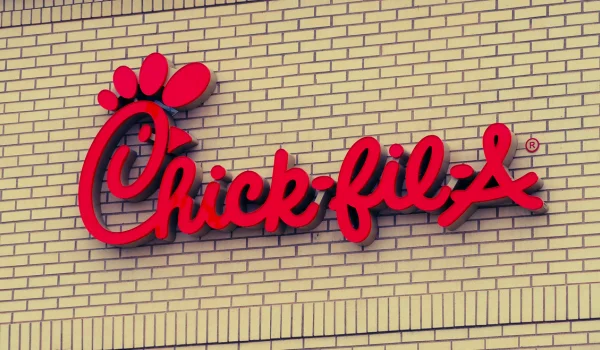Chick-fil-A has agreed to a $4.4 million settlement to resolve a class action lawsuit alleging deceptive pricing practices for delivery orders. The lawsuit, filed in the U.S. District Court for the Northern District of Georgia, accused the fast-food chain of advertising low delivery fees while covertly increasing menu prices for delivery items, effectively imposing hidden fees on customers.
Allegations of Deceptive Pricing

The plaintiffs claimed that between November 1, 2019, and April 30, 2021, Chick-fil-A promoted delivery fees ranging from free to $2.99–$3.99 on its mobile app and website. However, they alleged that the company simultaneously raised menu prices for delivery orders by 25% to 30% compared to in-store or pickup prices. For instance, a 30-count chicken nugget order reportedly cost $5–$6 more when ordered for delivery than when ordered for pickup or in-store.
The lawsuit argued that this practice misled consumers into believing they were paying minimal delivery fees, while the actual cost was concealed within inflated menu prices. Such allegations, if proven, could constitute violations of consumer protection laws that prohibit deceptive advertising and unfair business practices.
Settlement Terms and Eligibility
Without admitting any wrongdoing, Chick-fil-A agreed to a settlement totaling $4.4 million, comprising $1.45 million in cash payments and $2.95 million in gift cards. Eligible customers who placed delivery orders through the Chick-fil-A app or website within the specified timeframe in California, Florida, Georgia, New Jersey, or New York could choose between a cash payment or a gift card, each valued up to $29.25.
To receive compensation, claimants were required to submit a valid claim form by February 15, 2024. The settlement administrator provided unique IDs to eligible customers via email, which were necessary to file a claim. If the number of valid claims exceeded the settlement fund, individual payouts would be adjusted on a pro rata basis.
Legal and Industry Implications
This case underscores the importance of transparency in pricing, especially as online and app-based ordering becomes increasingly prevalent. While it is common for restaurants to adjust prices for delivery to cover additional costs, failing to disclose such markups can lead to legal challenges and damage consumer trust.
In response to the lawsuit, Chick-fil-A agreed to add disclosures on its app and website indicating that menu prices may be higher for delivery orders. This move aligns with practices by other companies, such as Instacart, which clearly inform customers about potential price differences for delivery services .
Conclusion
The Chick-fil-A class action settlement serves as a cautionary tale for businesses navigating the complexities of digital commerce. It highlights the necessity for clear communication regarding pricing structures to avoid misleading consumers. As the landscape of food delivery continues to evolve, companies must ensure that their practices comply with consumer protection laws and maintain transparency to uphold customer trust.
For more detailed analysis and updates on legal matters affecting consumers and businesses, visit LawScroller, your trusted source for legal news and insights

 Oliver Johnson is LawScroller’s Senior Legal Correspondent specializing in civil litigation, class actions, and consumer lawsuit coverage. He breaks down complex settlements and court decisions into clear, practical guidance for readers.
Oliver Johnson is LawScroller’s Senior Legal Correspondent specializing in civil litigation, class actions, and consumer lawsuit coverage. He breaks down complex settlements and court decisions into clear, practical guidance for readers.